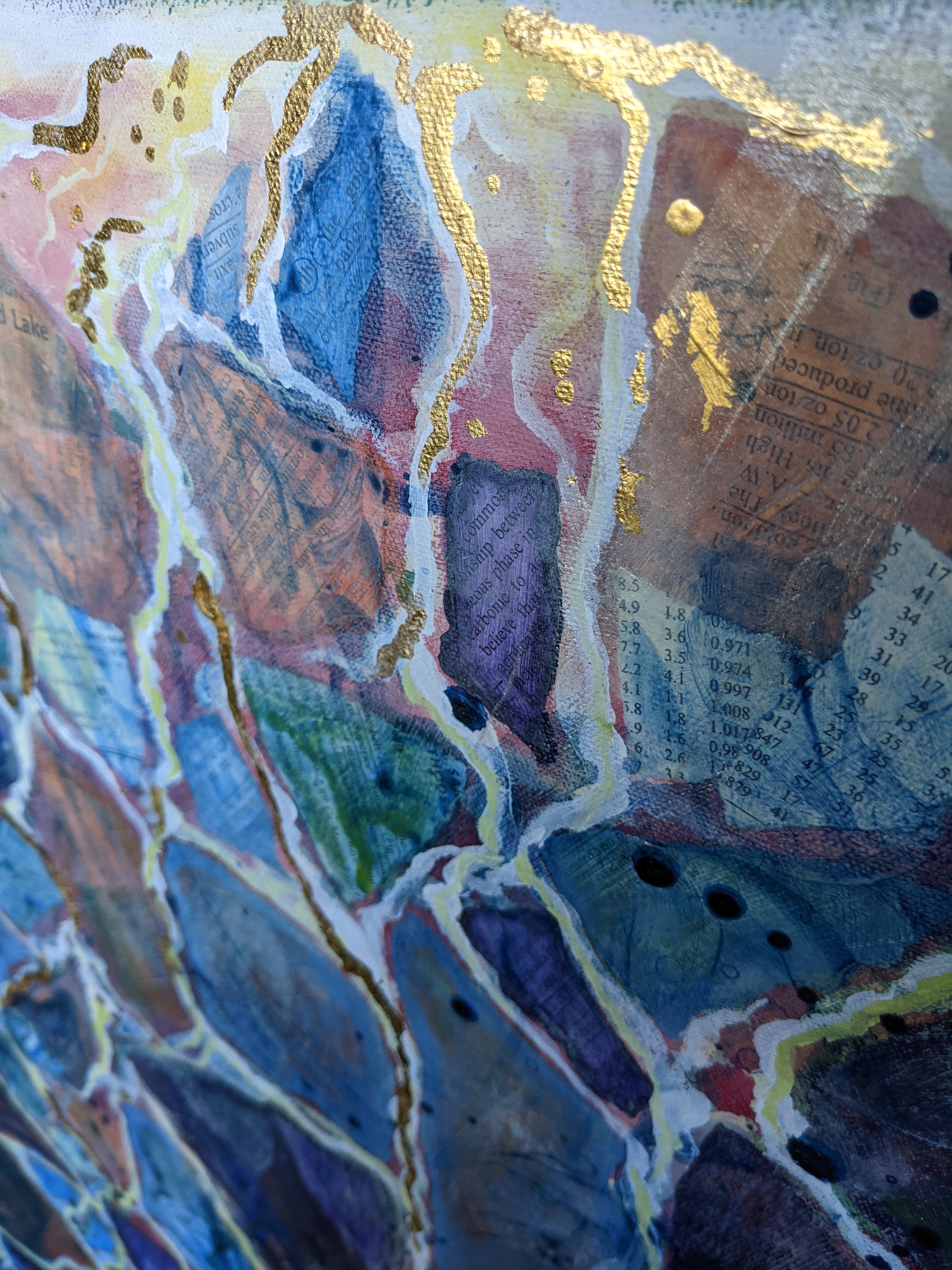Puppets Know Best
An Arts-Based Exploration of Scholarly Identity, Liminality and Soulful Research
DOI:
https://doi.org/10.18432/ari29626Keywords:
imagination, Jungian psychology, liminality, soulful scholarship, voiceAbstract
This article addresses the struggle of crafting a recognized professional scholarly identity, and reflects on the significance of puppets to interrupt this struggle, assert one’s voice, and creatively occupy one’s space. Our interdisciplinary contribution aims to extend conversations on the realities of academic life that are often muted or diluted such as anxiety, self-doubt, weariness and failure, with implications for creative research practices. We engage the aforementioned realities through a mix of creative and whimsical writing styles (e.g., human-puppet dialogues; poetry; reflection), leveraging insights from the Jungian psychological approach to archetypal symbol and the imagination as well as transformative arts-based approaches involving storytelling, voice, and liminal space. After exploring our own experiences carving out space as creative and reflective scholar-practitioners, we discuss two examples where puppets disrupted the status quo of particular academic settings and provided opportunities for different, more spontaneous forms of engagement with the self and with others.
Downloads
Published
How to Cite
Issue
Section
License
Copyright (c) 2022 Lauren Michelle Levesque, Cecile Rozuel

This work is licensed under a Creative Commons Attribution-NonCommercial-NoDerivatives 4.0 International License.
Authors who publish with Art/Research International agree to the following terms:
a. Authors retain copyright and grant the journal right of first publication and the right to sublicense the Contribution, in the form in which it is published by the journal, to others under the terms and conditions of the of the Creative Commons Attribution-NonCommercial-NoDerivs (CC BY-NC-ND) that allows others to download the work and share the work with others with an acknowledgement of the work's authorship and initial publication in this journal, but they cannot change the work in any way or use any part of the work commercially.
b. Authors are able to enter into separate, additional contractual arrangements for the non-exclusive public distribution and display of the journal's published version of the work (e.g., post it to an institutional repository or publish it in a book), with an acknowledgement of its initial publication in this journal.
c. Authors are permitted and encouraged to post their work online (e.g., in institutional repositories or on their website) prior to and during the submission process, as it can lead to productive exchanges, as well as earlier and greater citation of published work (See The Effect of Open Access).
d. Authors wishing to include items (such as images or other media, or any creative works of others whether previously published or not) must contact the original copyright holder to obtain explicit permission to publish these items in Art/Research International. Writing permission should include: the title(s) of any copyrighted work, original place of publication if applicable, and an acknowledgement of having read Art/Research International's copyright notice. Authors are responsible for obtaining this permission and keeping it in their own records for later verification.



